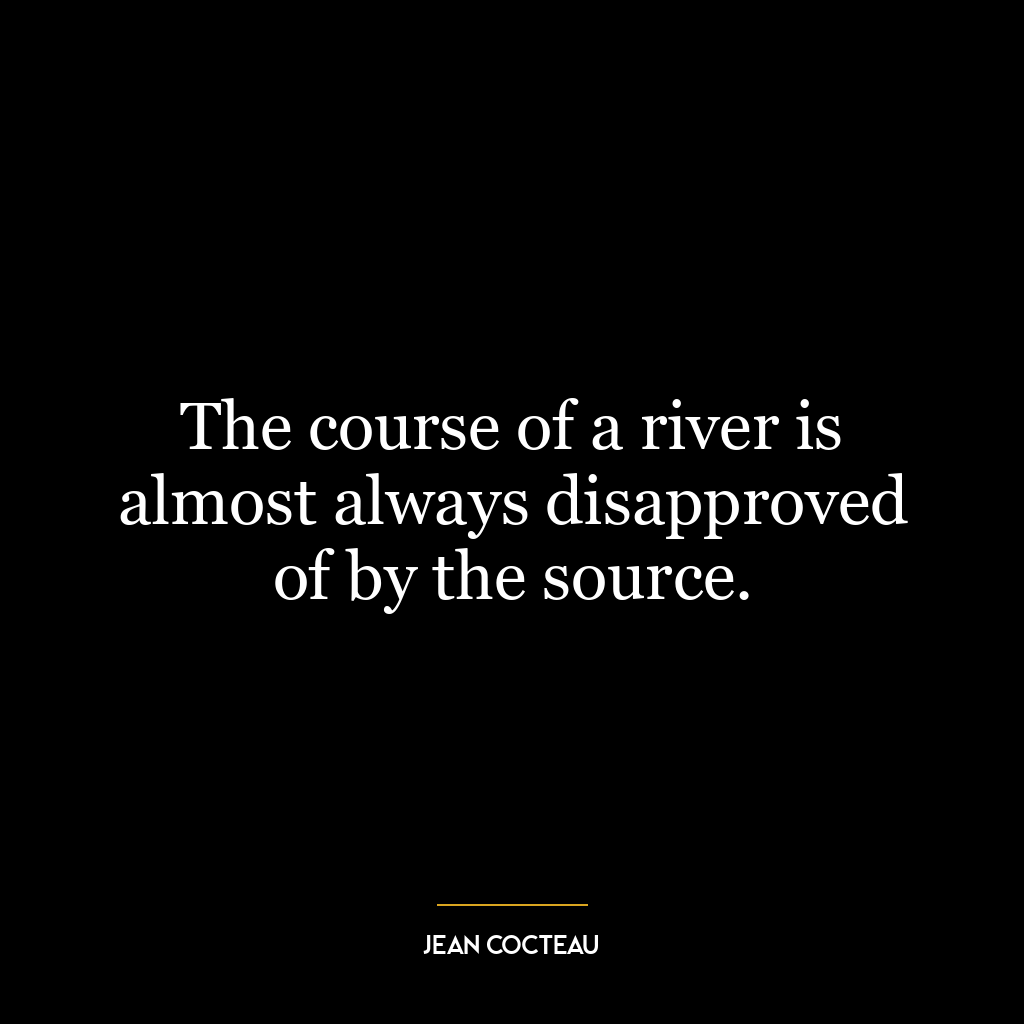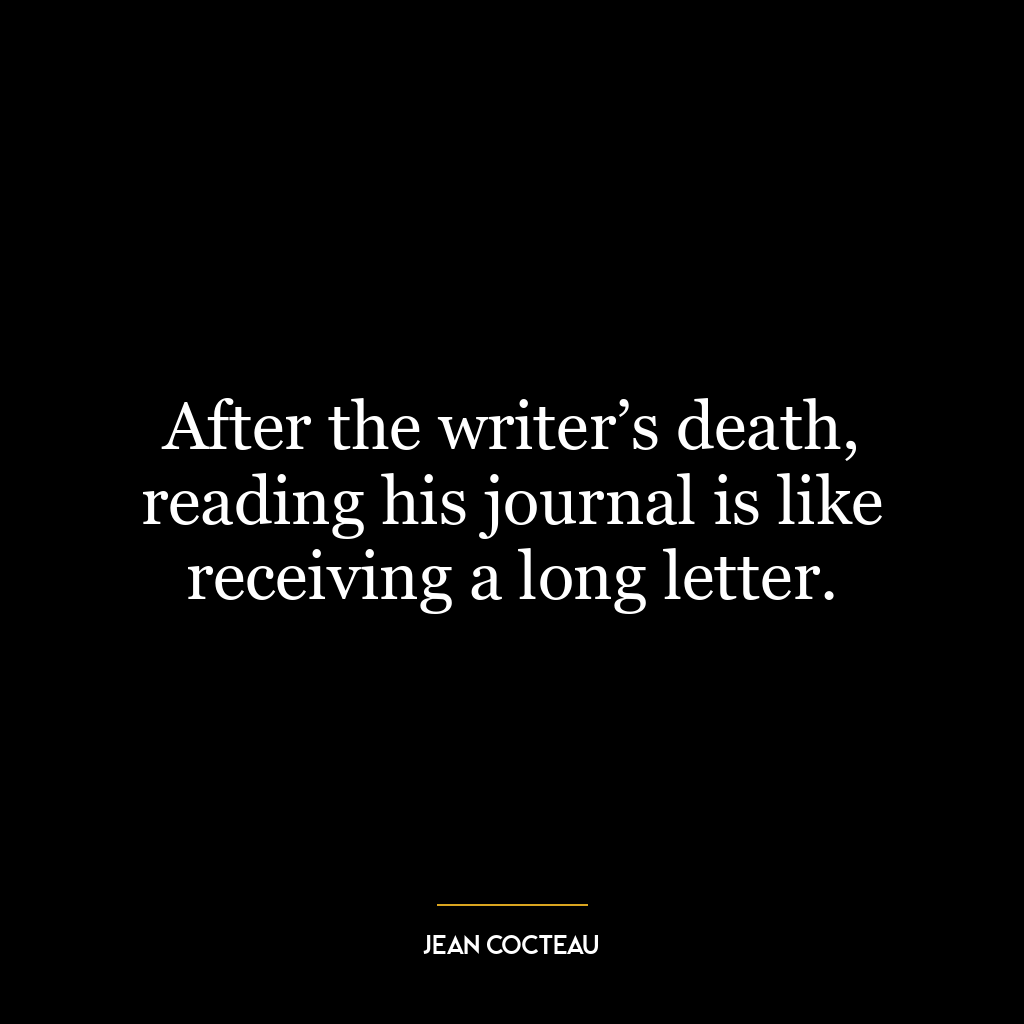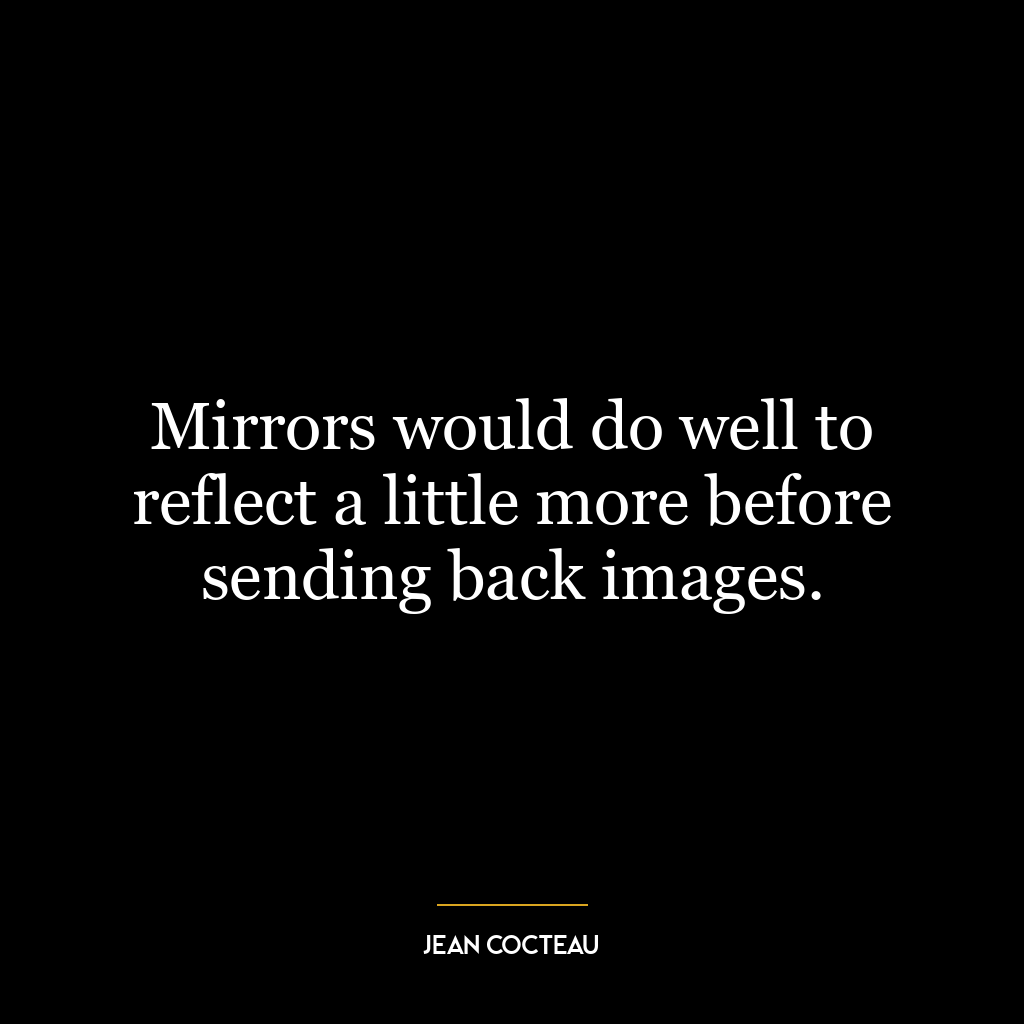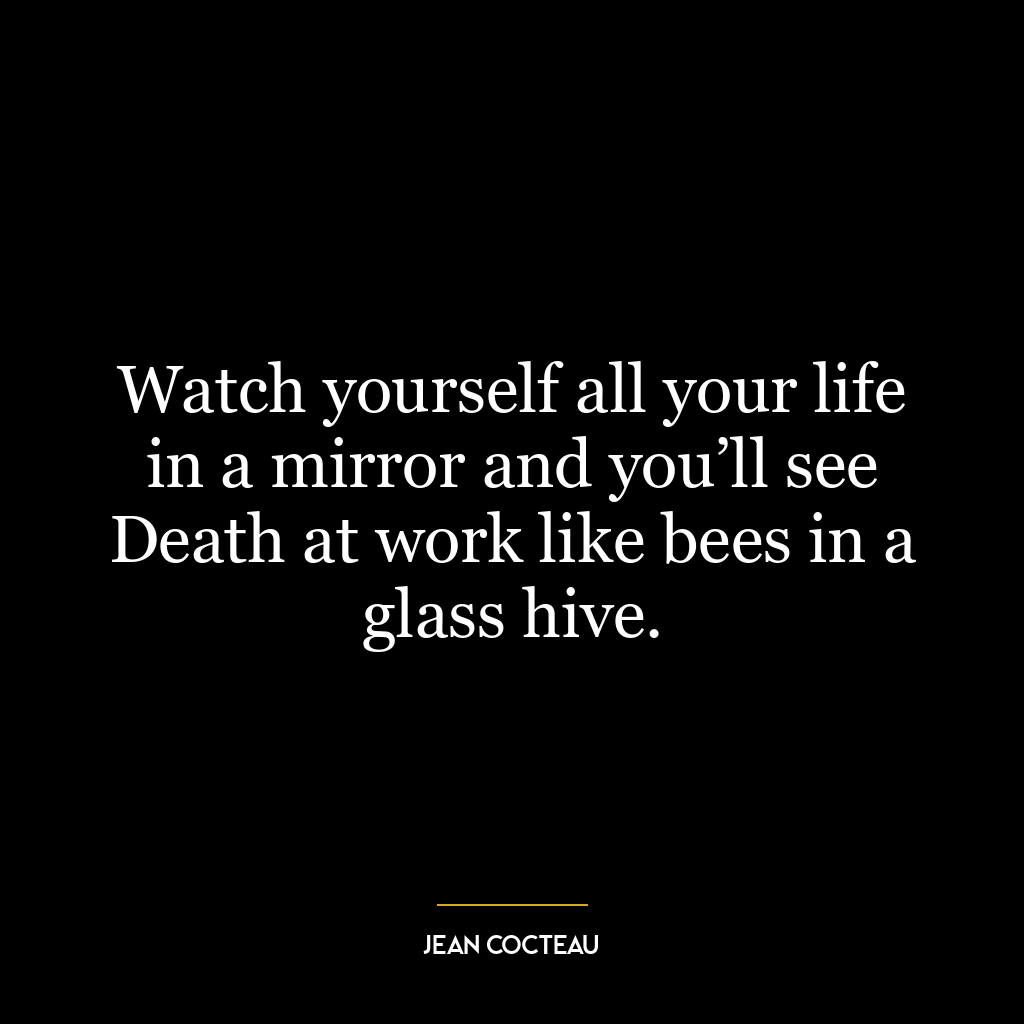I look at some of the songs I wrote years ago and I can’t believe I wrote such crap.
This quote speaks to the concept of personal growth and evolution, particularly in the realm of creativity and skill development. The speaker is reflecting on their past work with a critical eye, acknowledging that their earlier creations don’t meet the standards they’ve set for themselves in the present. This shows a level of self-awareness and an ability to critique one’s own work, which are crucial for personal and professional development.
The quote also implies the idea of progress and improvement over time. The speaker’s dissatisfaction with their past work suggests that they have grown and improved in their craft, and they can now produce work of a higher quality. This can be seen as a testament to the power of practice, perseverance, and the pursuit of mastery.
In today’s world, this idea is particularly relevant. In an era where people are encouraged to constantly learn, grow, and improve, looking back on past work or actions can often lead to feelings of embarrassment or dissatisfaction. However, this quote suggests that such feelings should not be seen as negative. Instead, they are a sign of growth and improvement. They show that we are not static beings, but are constantly evolving and bettering ourselves.
In terms of personal development, this quote can serve as a reminder that progress isn’t always linear and that it’s okay to make mistakes along the way. It encourages individuals to continue striving for improvement, even if their past work doesn’t meet their current standards. It also highlights the importance of self-reflection in growth and development. By looking back at our past selves and acknowledging our flaws and mistakes, we can gain a clearer understanding of how far we’ve come and where we need to go.










